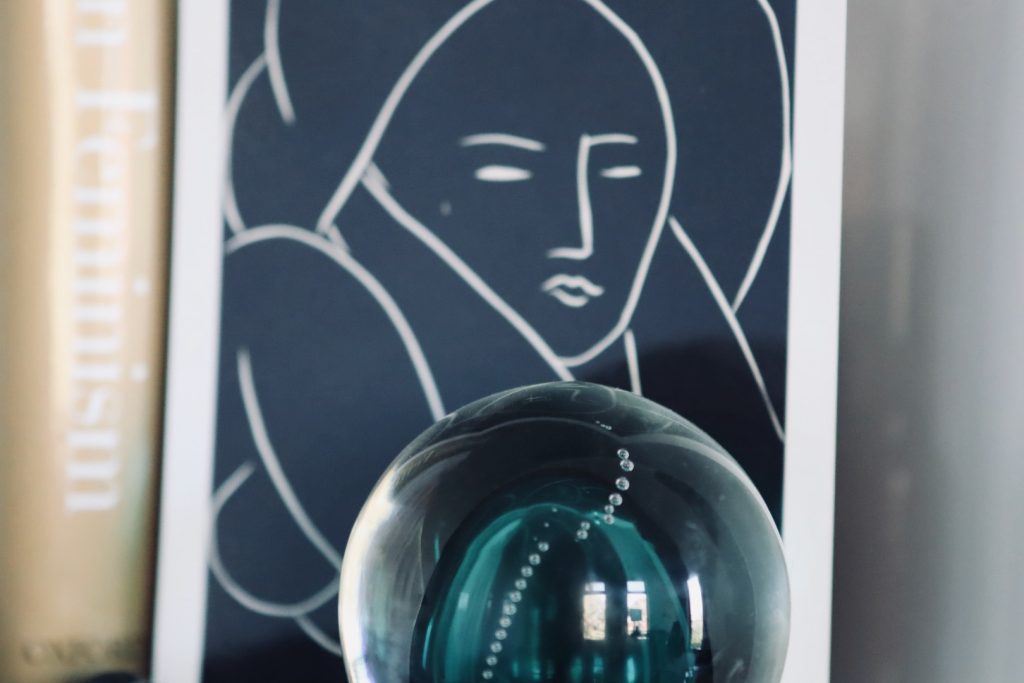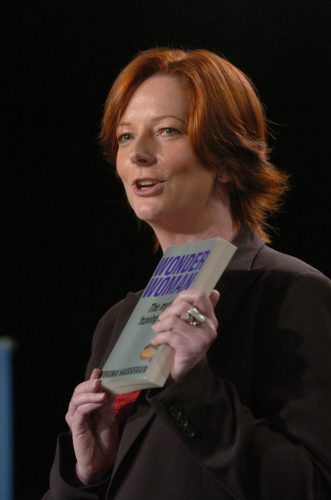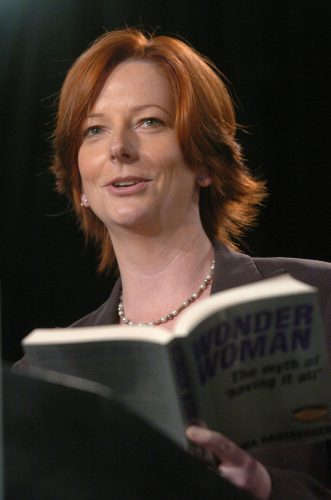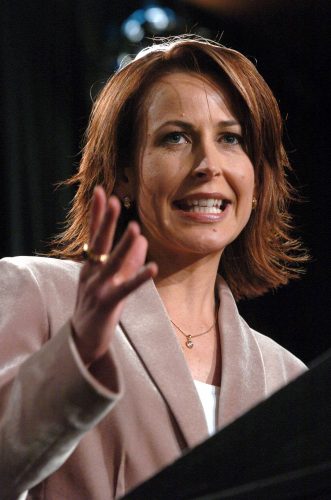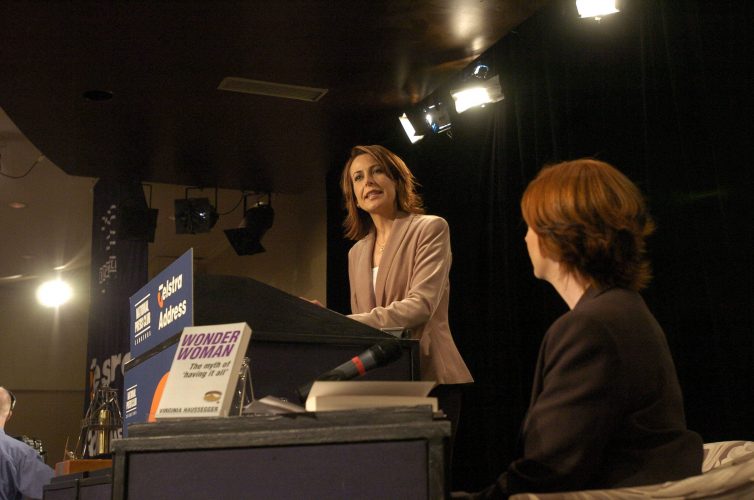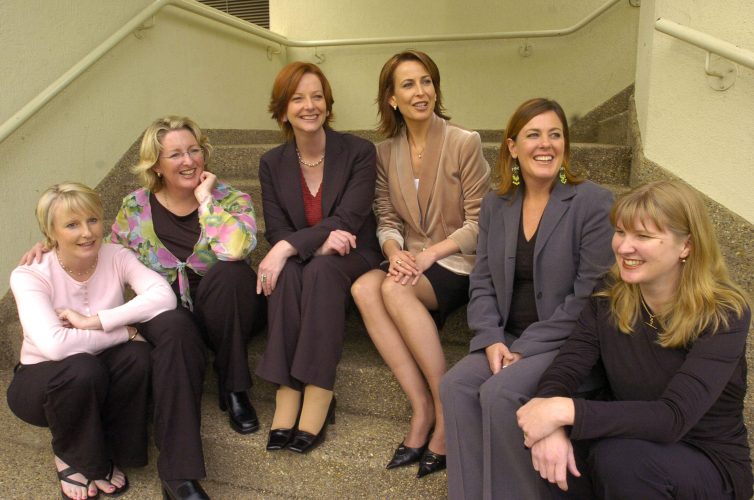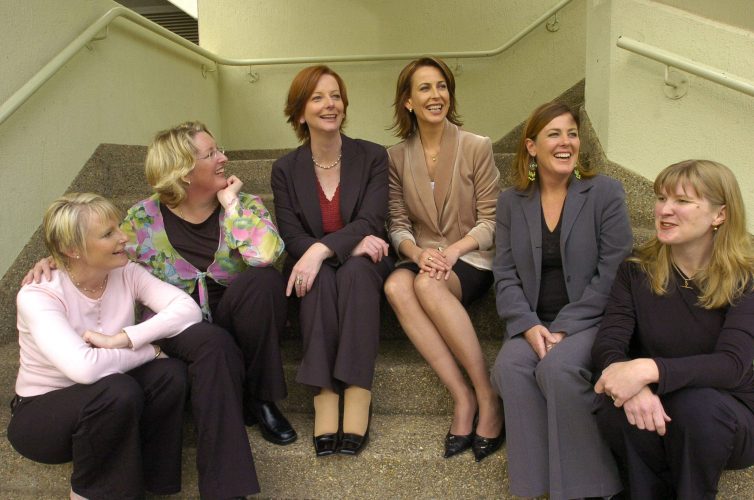Let’s be frank. Gladys Berejiklian’s singledom and childlessness is an advantage.
That’s an unfortunate fact and an uncomfortable admission. But true. Parents know it. Women know it.
In the unguarded words of a former senior federal female politician, being childless is a “luxury” for women with serious political ambitions.
Interestingly, the woman who said that during an interview I was conducting some years ago on the very issue of fertility choices and the sacrifices women make as they climb the slippery rungs to leadership, was herself single and childless at the time. So was I.
The idea that childless women had a working edge “luxury” over hard working mothers sat uncomfortably between us.
Later, after reading the transcript of our discussion, the MP asked me to delete the reference to “luxury”. And I did.
Premier Berejiklian is way too smart to slip up by boasting of her advantage. But that didn’t stop the gaggle of media at her first press conference this week from trying it on.
Far from citing any advantage her childless and singular focus on public life might bring the state of NSW, she faced inane questions about political disadvantage, “because people have kids and they have families and people identify with that …”
It was right about then the faint stench of former Senator Bill Heffernan must have reached Berejiklian. If she winced it was imperceptible. But Heffernan’s poisonous grenades branding Julia Gillard “deliberately barren” echoed around the room and, unfortunately, back out into an increasingly open public pit of misogynistic opinion and commentary.
The fact that the longest continuous serving premier of NSW, Bob Carr, was also childless didn’t raise a mention.
Now that the new premier’s status as a non-mother is out there as a reason for ordinary folk to not “identify” with her, let’s talk about why women with serious political ambition – or any career ambition for that matter – are advantaged by childlessness.
And why that advantage is a damning reflection not just on our democracy; our political institutions and organisational structures; but also on our home life, as Australian family households remain stuck in a 1950-style rut of sexist division.
While there is nothing funny about this, I find it a little amusing that some of the most prophetic words about the mess in which we find ourselves were in fact uttered by Malcolm Turnbull – 15 years ago.
Back then, in a passionate call to halt what he called a “fertility crisis” in Australia – when women were breeding at their lowest rate ever – Turnbull penned a column in The Age in which he said the nation would be “healthier, safer and stronger” if Australians “married earlier … and had more children”.
For some women, those sort of comments are brutally wounding and offensive.
But the real kicker was Turnbull’s admission that while more women were moving into executive and leadership roles, “their acceptance is often, albeit tacitly, on the condition that they don’t have children”. What was a kick back then, is a knock-out punch now.
Despite years of talking about this issue, championing work-life balance and workplace flexibility, very little has changed.
Yes, more women are cutting it at the top. But Australian work life hasn’t got any easier. It’s just that more women – with children – are working even harder.
Twenty years ago women did twice as much household work as men; a total of 33 unpaid hours a week, according to Professor Barbara Pocock, author of the Work Life Collision. Now … it’s about the same. Close to one in five women do more than 30 hours domestic work a week, compared to less than one in 20 men.
We’ve had the sex revolution. We just haven’t got around to the gender revolution. That’s the one where men and women share equal footing at every stage of their lives. Not just at school, or university, but also at that critical time in their 20s and 30s when careers are taking off, and promotions being sought.
That’s the time women, along with men, think about having kids. And it’s precisely the time when couples need to split all the work involved in running a household, including raising kids, right down the middle. But they don’t. Women don’t demand it. And men don’t offer.
The consequence of our deeply old fashioned way of living means that women who do cut through and prise out key leadership roles, particularly in public life, are seen as exceptional. We focus on their struggle more than their success.
On top of that, the myriad and now well documented organisational barriers to women’s progress stack up against what are already tough odds for career minded mothers. Frankly, is it any wonder some women choose not to have children, or delay thinking about it, until it’s simply too late.
In the end, it’s not just women who might miss out. Australian democracy is the biggest loser, as our parliaments remain unrepresentative, male bastions of masculinity.
While the disgraceful sexism that plagued our first female prime minister still lingers as a threat to any others who dare try, the double whammy of exhaustion and an overload of mother-guilt continue to make political aspirations a tall order for women.
When you add all that to the entrenched patriarchy of Australian party politics, well … the advantages of being single, childless and unencumbered are pretty obvious.
And in the battle to the top, a girl’s got to use every advantage she’s got.
